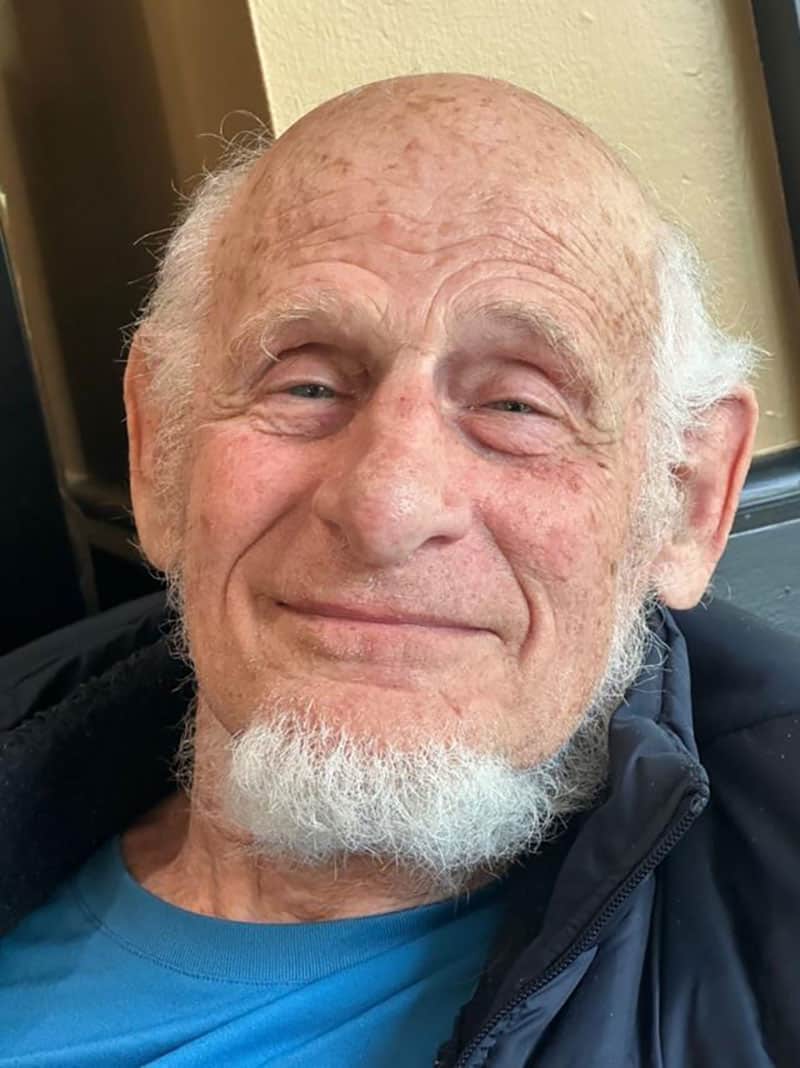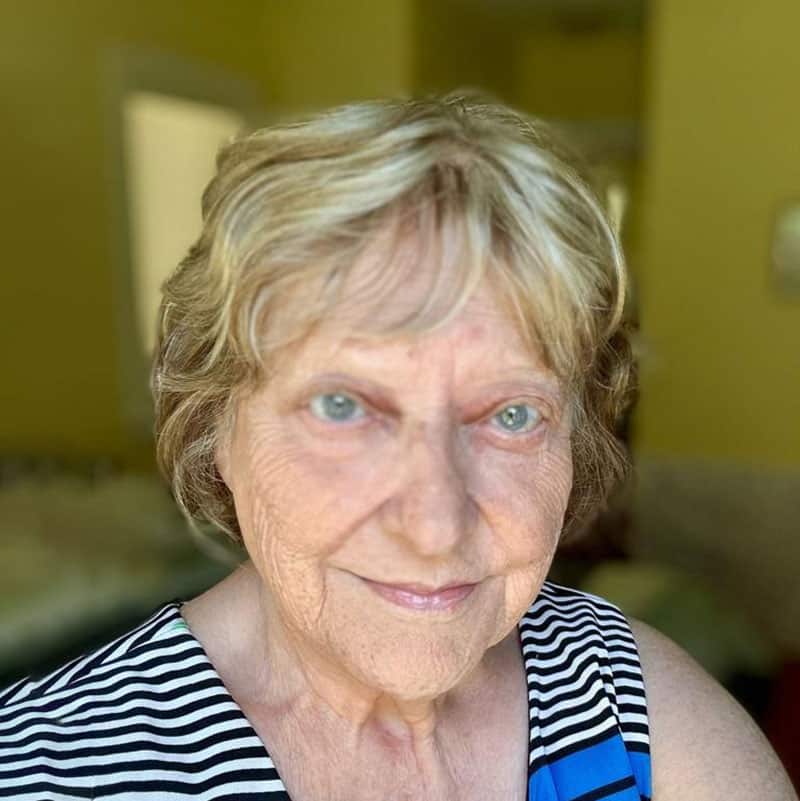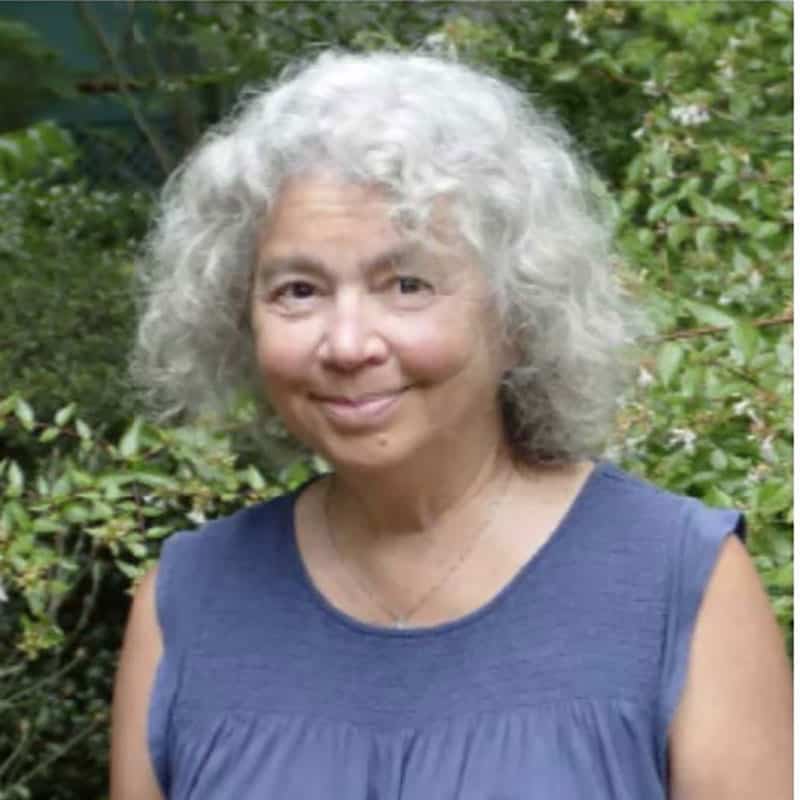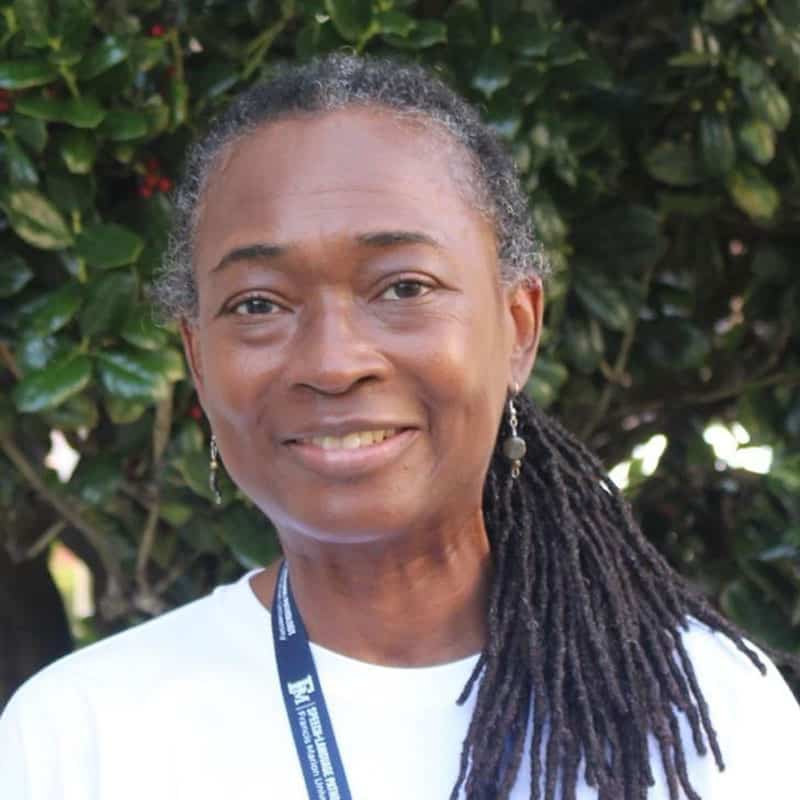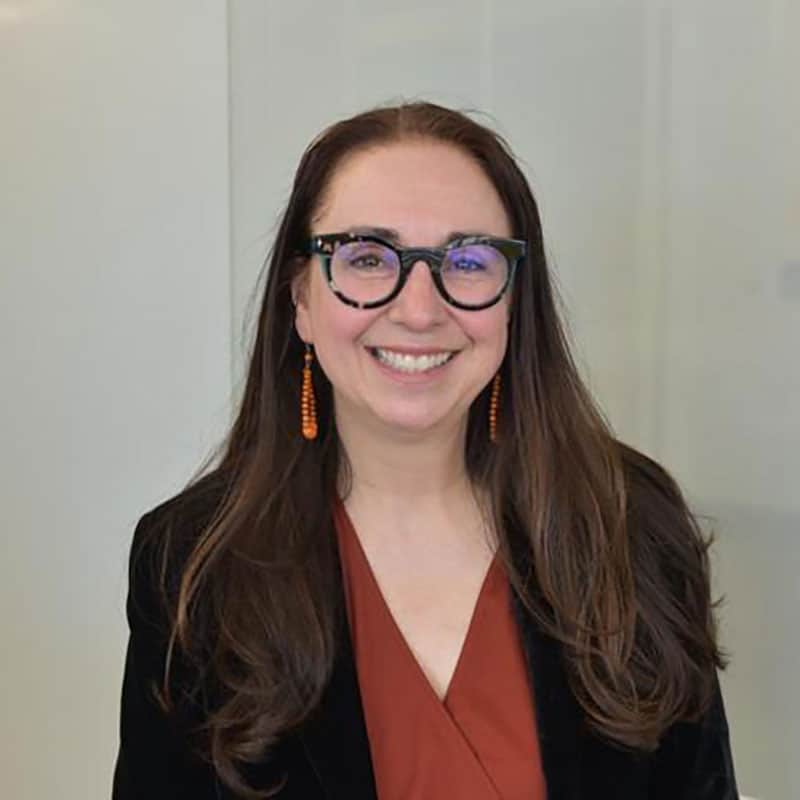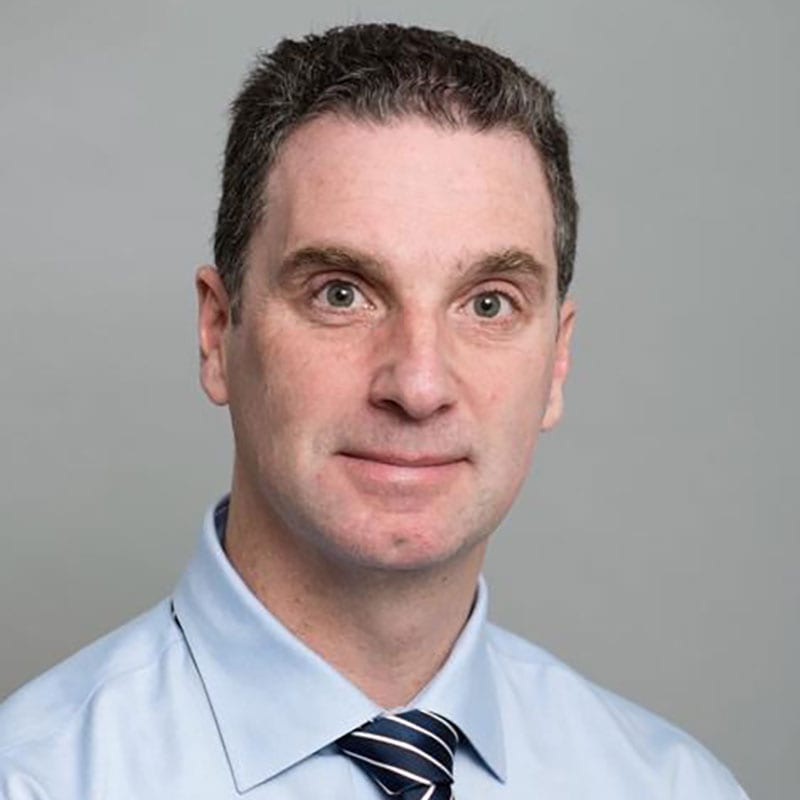Tom Roeper
Tom Roeper is a linguist at UMass who works in the generative tradition both at the theoretical and experimental level. Over the past 50 years his primary focus has been articulating both the theory and facts to give us an understanding of the acquisition path as part of Universal grammar, exploring phenomena like recursion and movement. His extensive cross-linguistic work falls within the larger quest to explore the foundations and implications of Cognitive Science. These projects have led to applied work in Communication Disorders, second language acquisition, and heritage languages. He contributed to the DELV assessment that seeks to respect dialect variation, especially African-American English, in evaluation of disorders. He also pursues the pedagogical implications for education about grammar and in second language acquisition. His goal is to discover how we can directly apply experimental insights in nursery and elementary curricula, as well as enriching our language interactions with children.
Jill de Villiers
Jill de Villiers is a Professor Emerita at Smith College in Psychology and Philosophy. Though she trained in Experimental Psychology at Harvard, her work has also contributed to Linguistics by testing theoretical ideas with experimental work with children. Dr. de Villiers’ specialty is language acquisition, including several books on language acquisition as well as over a hundred articles on many varied topics within the field. She has an abiding interest in the path that preschool children take to learn complex grammar, and its relationship to “theory of mind”, namely how children understand what other people know, think, believe and feel. She has designed language assessments in several languages, and is passionate about inventing interesting interventions for children having problems. She has lectured and given week-long workshops on language acquisition and assessment all over the world, including Brazil, Japan, China, France, Germany, Spain, South Africa, the Netherlands, Uzbekistan and the UK.
Donna Jo Napoli
Donna Jo Napoli is prof. of Linguistics and Social Justice at Swarthmore College, where her research is on the linguistic analysis of spoken languages and sign languages. She is part of a team that advocates for the language rights of deaf children (mostly in medical and legal journals) and is co-director of RISEVIDEOBOOKS.ORG, a project that produces and distributes for free bimodal-bilingual videobooks for parents and teachers to share with deaf children in dozens of countries. She also writes fiction and science books for young people, from preschool through high school, with over 90 in print, including many picture books and early reader books. She has taught writing courses in schools and universities around the United States and in many other countries (Australia, Bangladesh, Germany, Japan, South Africa, Switzerland, Taiwan, Thailand, United Kingdom) and linguistics courses in even more countries.
Frances Burns
Frances Burns, Ph.D., CCC-SLP is a certified speech-language pathologist and the Chair of the Department of Speech-Language Pathology at Francis Marion University (FMU). She is also the Director of the FMU Center for Speech, Language, and Hearing. She teaches courses in Early Intervention, School-Age Language Disorders, and Multicultural Considerations for Service Delivery. She earned her doctorate at the University of Massachusetts Amherst in 2004 with an emphasis on distinguishing language difference from disorder in African American English (AAE) speaking children under the direction of Dr. Harry N. Seymour. She was a member of the National Institutes of Health working group on AAE during which time she specialized in pragmatics and semantics under the guidance of Dr. Peter de Villiers and Dr. Jill de Villiers, respectively. Dr. Burns currently does research in best practices for Early Intervention with a focus on improving outcomes for families from any cultural and linguistic background.
Salem Sloane
A lifelong New Englander, Salem is an alum of the Massachusetts College of Art*. His portfolio includes work with many educational institutions, collaborating with organizations such as Temple University, Wellesley College and Smith, as well as creating a brand identity and characters for the Active Playful Learning project in conjunction with The LEGO Foundation. His other work includes illustrating for Retronauts, Limited Run Games and Hyperion Books. His favorite, however, has been illustrating the basset hound Rumpole for the Doctor Ophelia series. Salem can often be found drawing on an iPad at various coffee shops around the Boston area.
*where he – true story – learned how to be a professional wrestler.
Dr. Tiffany Hogan
Dr. Tiffany Hogan is a speech-language pathologist and researcher dedicated to helping children with communication challenges succeed in school and life. As a Professor at MGH Institute of Health Professions and Research Associate at Harvard Medical School, she studies how children develop speaking, reading, and writing skills.
Dr. Hogan specializes in supporting children with neurodiversity that affects learning, including those with developmental language disorder, dyslexia, and speech sound difficulties. She has published over 100 research studies focused on creating better ways to identify and support these children in school settings.
Beyond her research, Dr. Hogan is passionate about connecting with families. She co-founded DLDandme.org, a website that provides parents with practical information about developmental language disorder. She also hosts the “See Hear Speak” podcast, where she shares expert insights on child development and learning.
Her work has been featured in major publications like the New York Times and Boston Globe, helping parents better understand and advocate for their children’s communication needs.
Iain Giblin
Iain Giblin is a linguist at Macquarie University in Sydney, Australia. His research is situated within the framework of generative grammar and focuses on syntax and language acquisition. He investigates how children acquire complex syntactic structures, how universal principles and language-specific input interact in the development of syntactic knowledge, and what this reveals about the nature of the human language faculty. In addition to his theoretical work, he is also interested in the science of learning and the relationship between linguistic theory and educational practice. His education research concentrates on how insights from linguistics can be integrated into the K–12 curriculum to support explicit instruction in reading, writing, and comprehension. His education work aims to bridge the gap between linguistic theory and classroom practice, with the goal of improving students’ literacy outcomes through a pedagogical approach informed by linguistics, the science of language.
